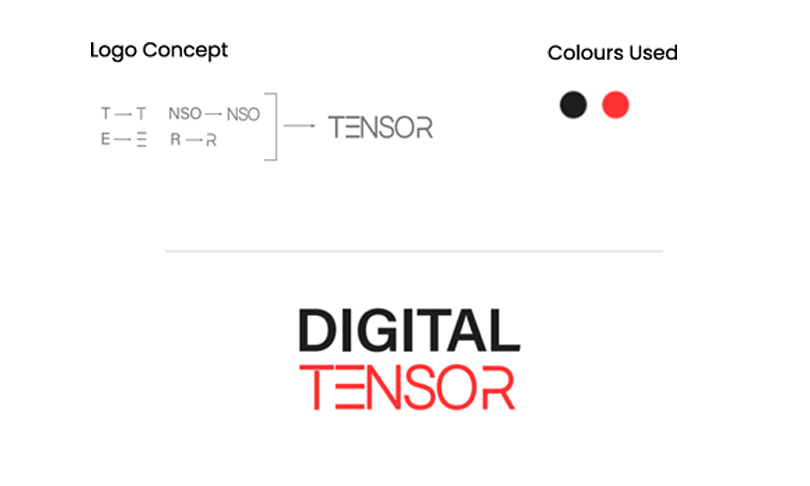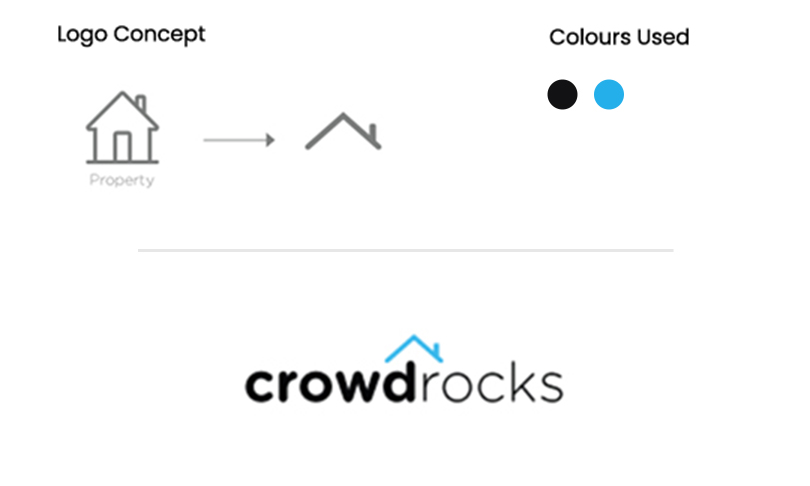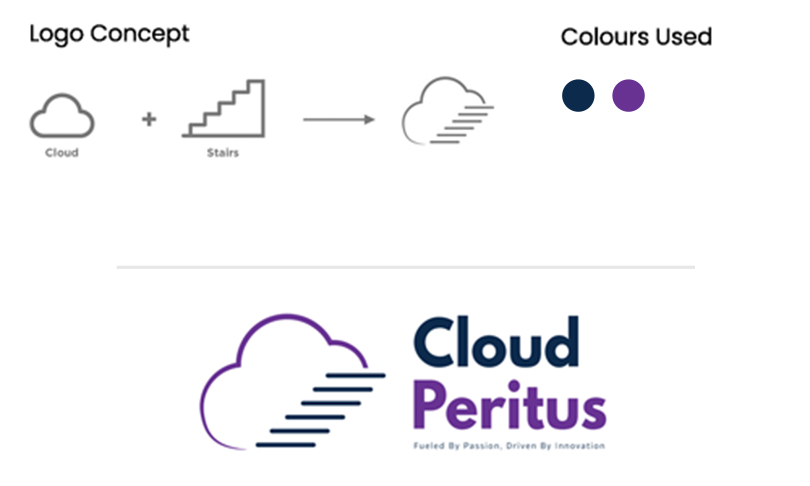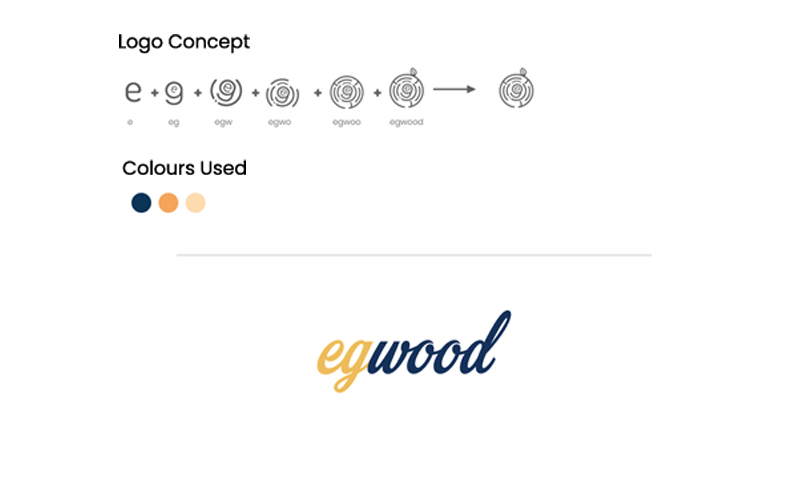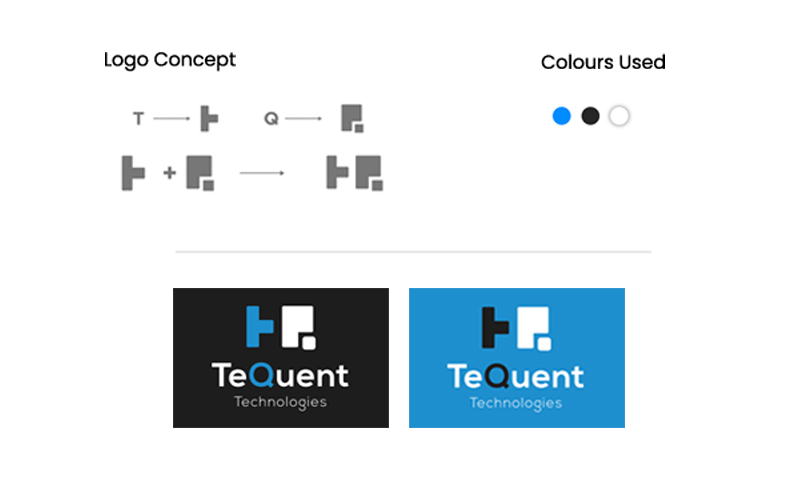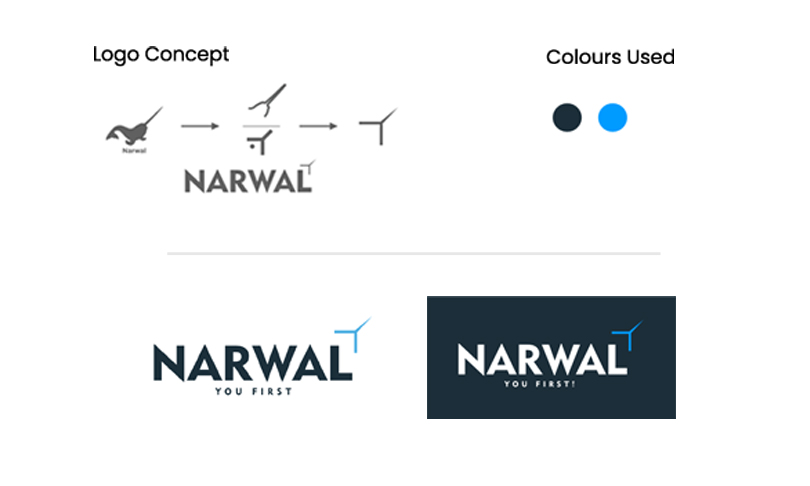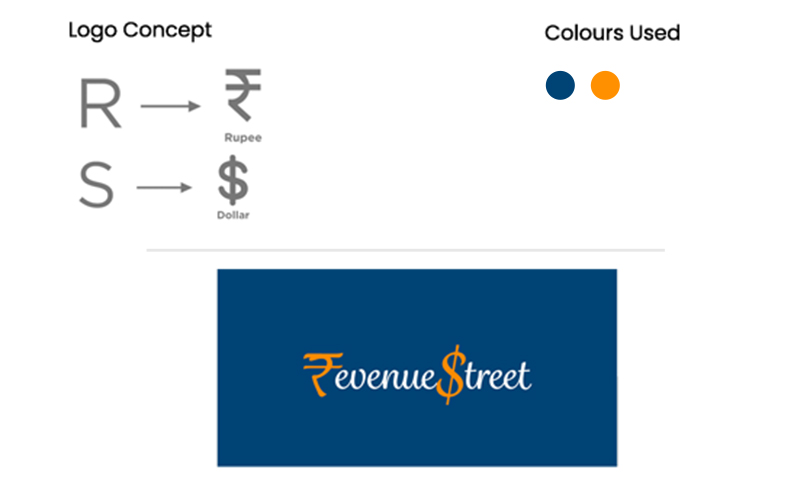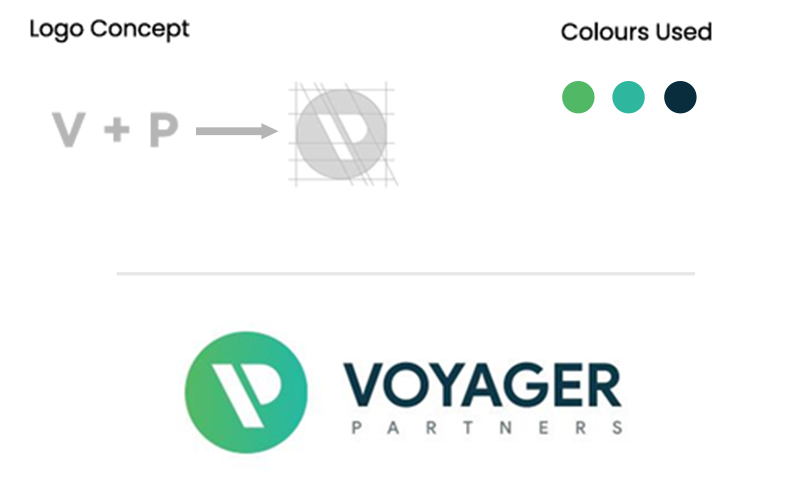It is said that that it takes 50 milliseconds for a first impression to be registered. In a society where the visual brand identity has a huge role, it takes mere seconds for brands to attract or repel an audience.
The new type of customers needs both aesthetic and credibility from the brands they pick. This is why, the value of traditional branding is still dominant, integrated with the contributions of the latest technology and better channels to create the perfect brand image of a business. A brand image structure using various touchpoints and a logo plays a very crucial role to capture attention across multiple platforms and channels.
Brands such as Amazon, IBM, Microsoft, and other recognized labels don’t need to do something out of their box to attract customers and investors because they have an established image. Their brand name on products vouch for the quality and build. That’s what new and growing brands aspire to achieve, a stage where customers easily recognize the brand and trust the product to be all that the name represents! If you’re commencing the process of designing your own brand logo, our ten step-by-step approaches will help you make the best logo in record time.
1. Research your market first
Before you start with logo designing, research your market and customers first. Finding the correct target audience will help you decide upon the elements of your new logo.
Without a clear picture of your customers and the market, it is easy to feel directionless. Understand the product or service of the company, its mission, values, and USP so that you can add symbolism to the logo.
2. Create a basic draft
The second step to create an impactful brand logo is to create drafts and options. The process is straightforward where you add all the elements and symbols decided upon and put them together. You can draw them by hand or even use Illustrator.
Out of all the drafts and sketches, you will find something that will work all the factors while making an impressive logo. It will take a few tries to get all the details right, so don’t worry about brainstorming with the tram and designer if there are changes you’d like to make.
A good designer will take the time to sketch as many drafts before moving towards the next steps.
3. Mix creativity with commercial value
Every color, shape, or typography used in the logo has a meaning and should give the customer an accurate image in the first look. For instance, the arrow in Amazon’s A to Z alphabet reflects its business and what it covers.
4. Make your own trend
Businesses can get lost in the latest designing trends, but remember that your logo will represent you for decades to come. Trends change easily and become outdated, or come back into vogue. Choose a logo that will uniquely be yours for a long time and pass the test of time rather than having one that you may want to change once it becomes obsolete.
5. Logo Sizing
The size of a logo matters a lot because it shows through on being expanded or shrunken. A complex logo with too many elements will lose its quality and not look as appealing while being shrunk in size to fit small brochures, invoices, and business cards. Make sure your logo is clean so that it looks the same at every size scale.
6. Have a black and white copy of your logo
Colorful logos can look captivating, but when they are converted to monochrome schemes, they might be less than flattering. It is important to keep in mind that your brand logo might be needed in black and white for newspaper publication and classifieds among other purposes. Hence, starting with a black and white logo and then deciding upon the color schemes would only enhance the beauty of the logo.
7. Fonts and Typography
The most effective logo not just focuses on imagery or symbolism but also typography. If your brand consists of text in a tagline or on the logo, choosing the wrong fonts can change the entire meaning of the tagline. Make sure that the font can convey the message best and represent your brand theme accurately.
8. Stand out from the herd
Competition analysis for brands can be helpful, but having similar logos across any brand name or industry can be damaging. With the number of businesses on the rise, it is a common problem to have similar names or businesses, which is why your logo needs to be as unique as possible. Make sure to create eye-catching logos that a customer can register instantly so they recognize you anywhere they go. For instance, look at Coke and Pepsi, both have similar products yet stand individually due to their logos.
9. Minimalism is good
Having a cluttered logo can distract the viewers and customers from the purpose of having a brandmark; to be remembered distinctly. Cut out any extra elements and go for minimalistic logos that look simple, yet elegant and powerful. All the successful brands such as Motorola, Apple, Kellog’s, and Dell have minimalistic logos that people recognize in a second.
10. Use inspiration but do not imitate
Being inspired by other brand logos is a good thing, but it is necessary that you use them only as a study. While making your own brand logo, it is important that you don’t borrow ideas because that may make the brand logo redundant. It is always best to let your designers come up with original ideas for the best logo designs.
Conclusion:
The purpose of a captivating brand logo is to help a brand stand out and be immediately recognized. The digital era is witnessing an increase in competition between businesses, which is why a logo is a significant aspect in garnering the attention you require. With the above-mentioned steps, you will be able to come up with some original and wonderful logo ideas that will enable your business to be identifiable across the globe.


